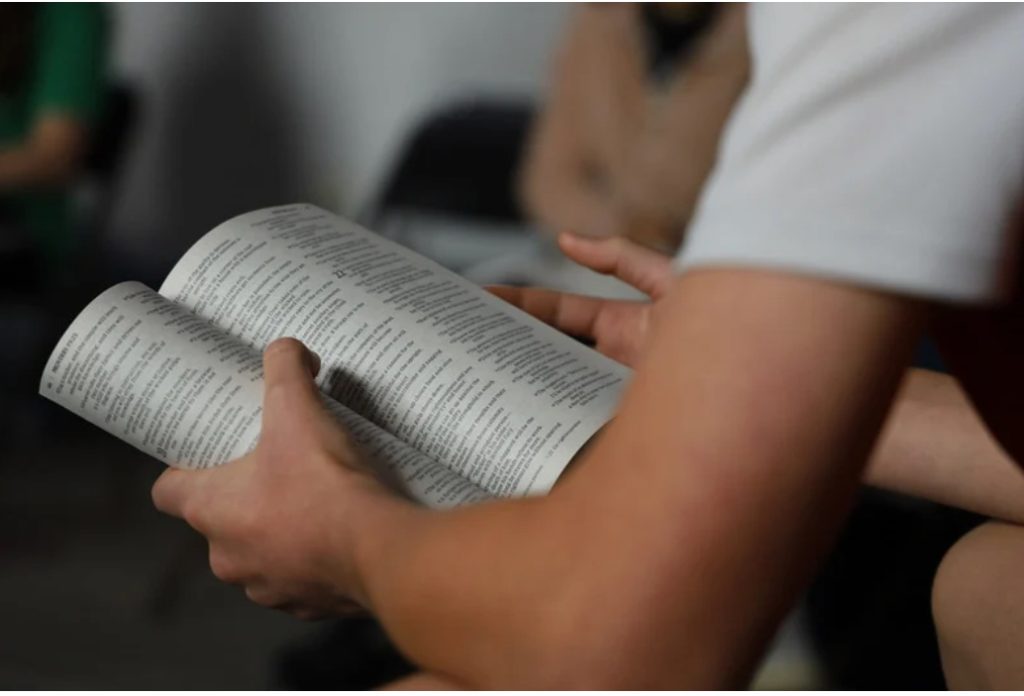In a recent ranking from PEW Research, South Dakota tied with Louisiana for the third most religious state in the nation. The study considered four separate survey questions to gauge the religiousness of all 50 states and D.C., ranking “each state by the percentage of its adult residents (ages 18 and older) who say they pray daily, believe in God or a universal spirit with absolute certainty, consider religion to be very important in their lives, and attend religious services at least once or twice a month.”
The study found that 45% of South Dakota residents are “highly religious,” with 49% of residents reporting that they pray daily and 50% saying they attend church at least monthly.

Another PEW study found that 79% of adults in South Dakota identify as Christian, and of those Christians, 59% are Protestant and 16% are Catholic. Less than 2% of adults in our state identify with other religions. However, 18% are “religiously unaffiliated,” meaning they are agnostic or atheist.
While we’re glad to see South Dakota at the top of this list, we are less concerned with how “religious” our state is and more concerned with how many South Dakotans have a true relationship with Christ. In Scripture, the Pharisees were known for their religious devotion and legalism, but Jesus says to them, “You serpents, you brood of vipers, how are you to escape being sentenced to hell? … For you are like whitewashed tombs, which outwardly appear beautiful, but within are full of dead people’s bones and all uncleanness.”
Being “religious” – going to church, reading the bible, listening to Christian music, even being a “good person” – is not sufficient. Our desire at Family Voice is to see men, women, and children all around our state develop a deep and lasting relationship with our Savior, Jesus Christ, who transforms lives from the inside out. Our “religious” fruit – caring for those in need, loving our neighbor, and standing for truth and justice – should be a product of our inward walk with Christ.
Will you join us in praying for our communities, that they would be not only “religious” but truly devoted to Christ?






